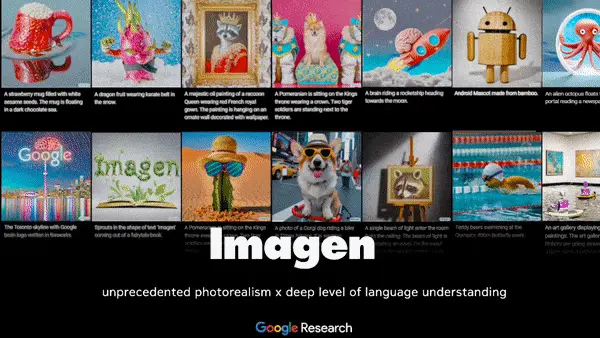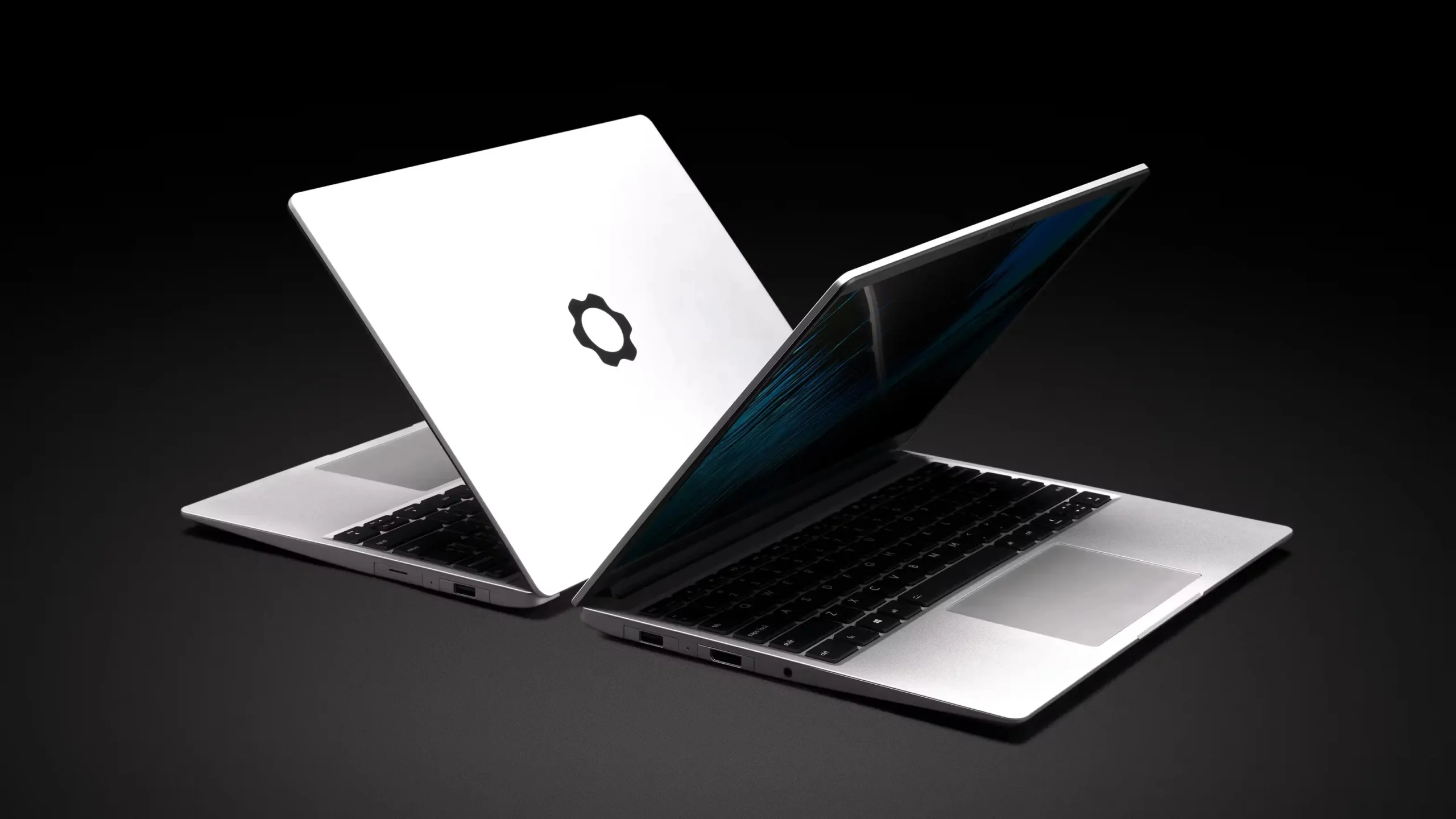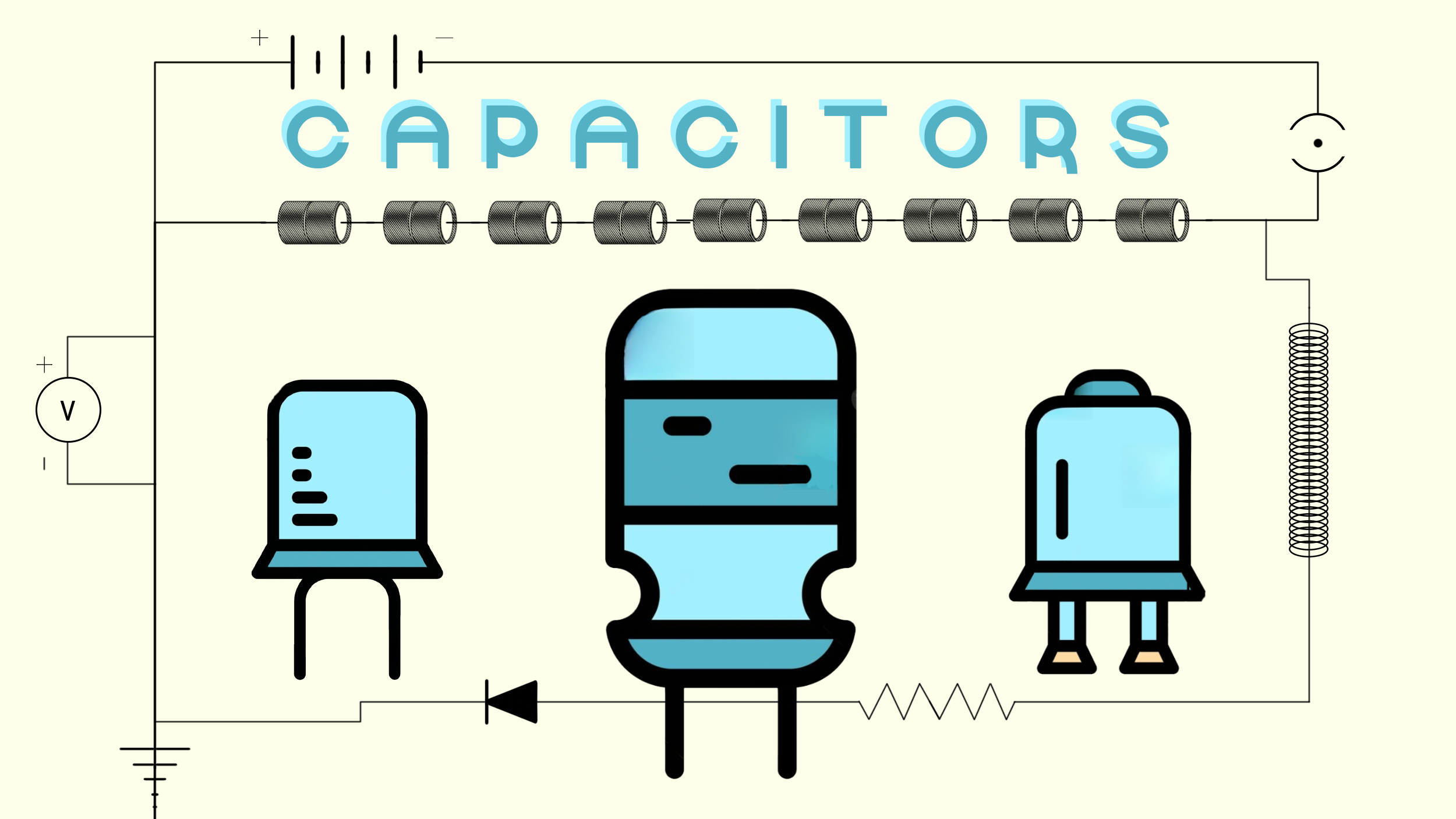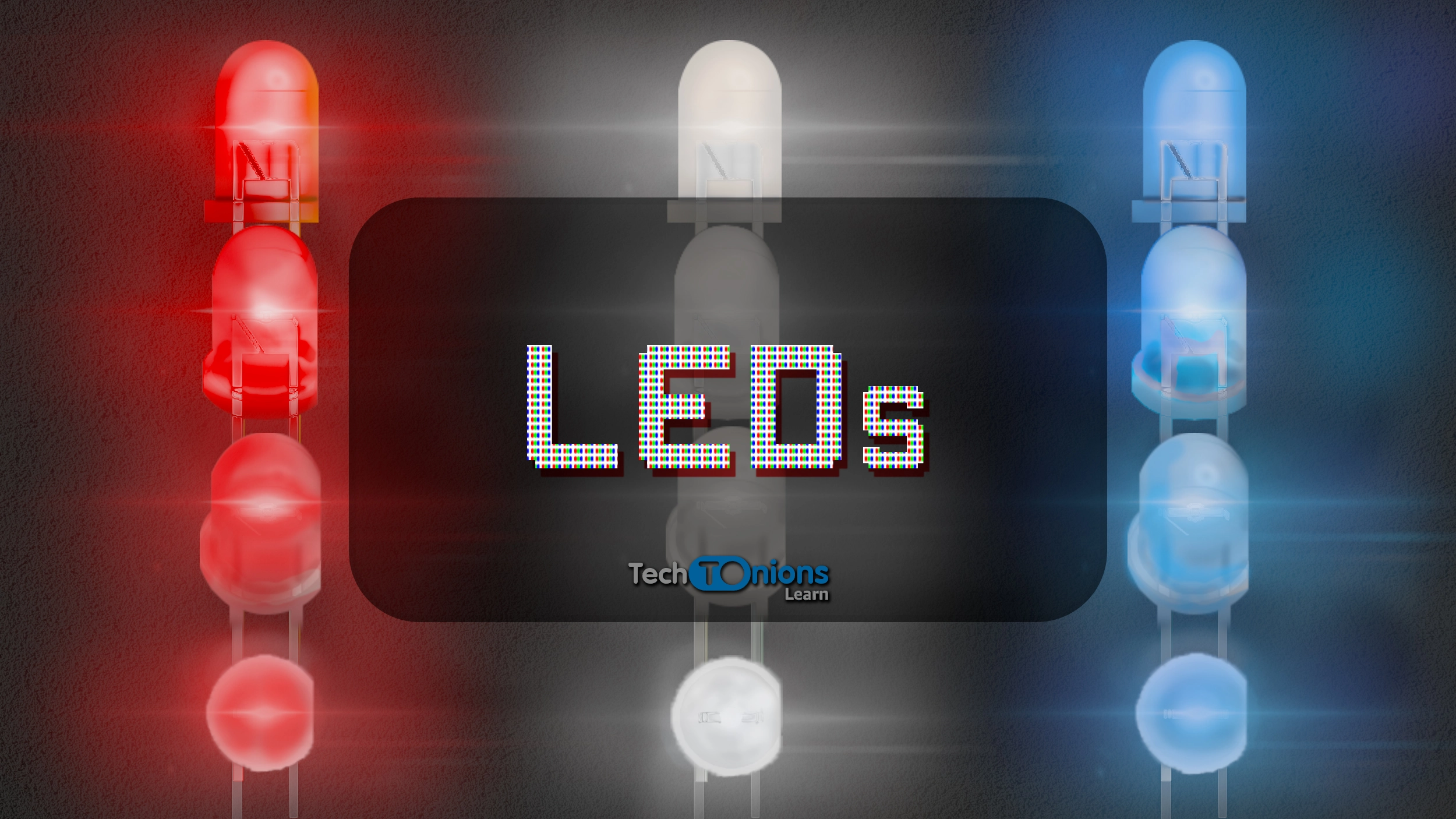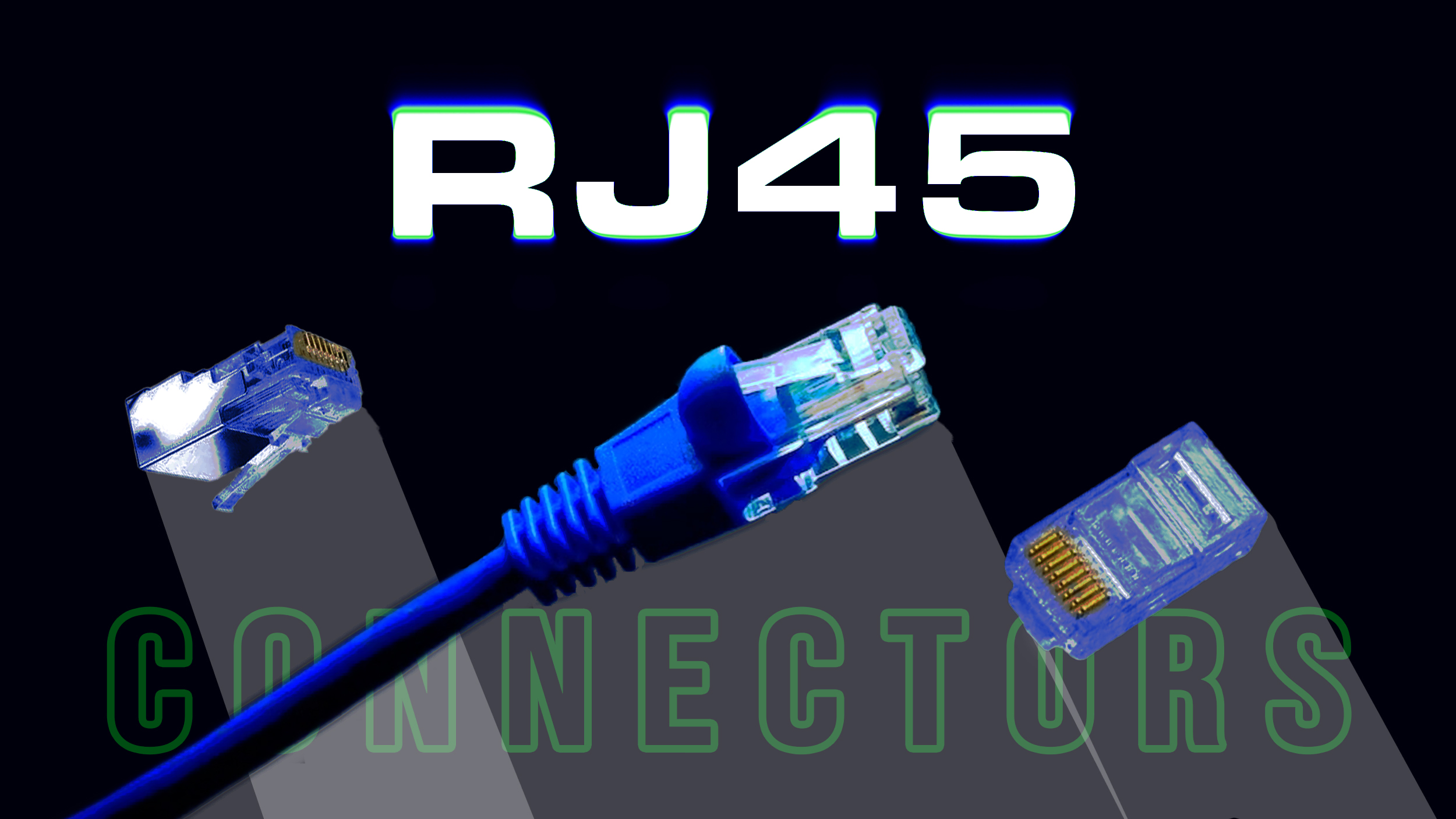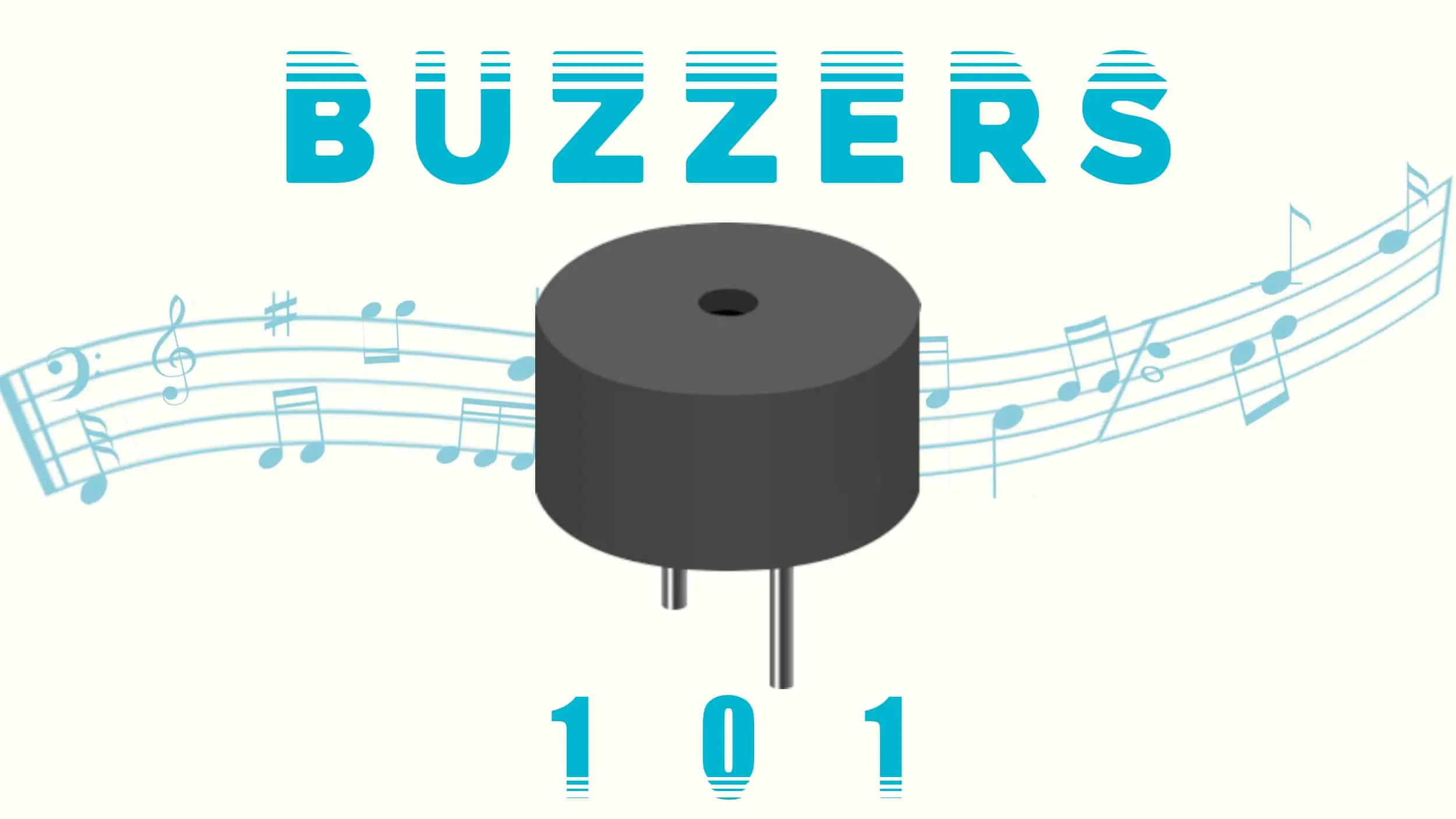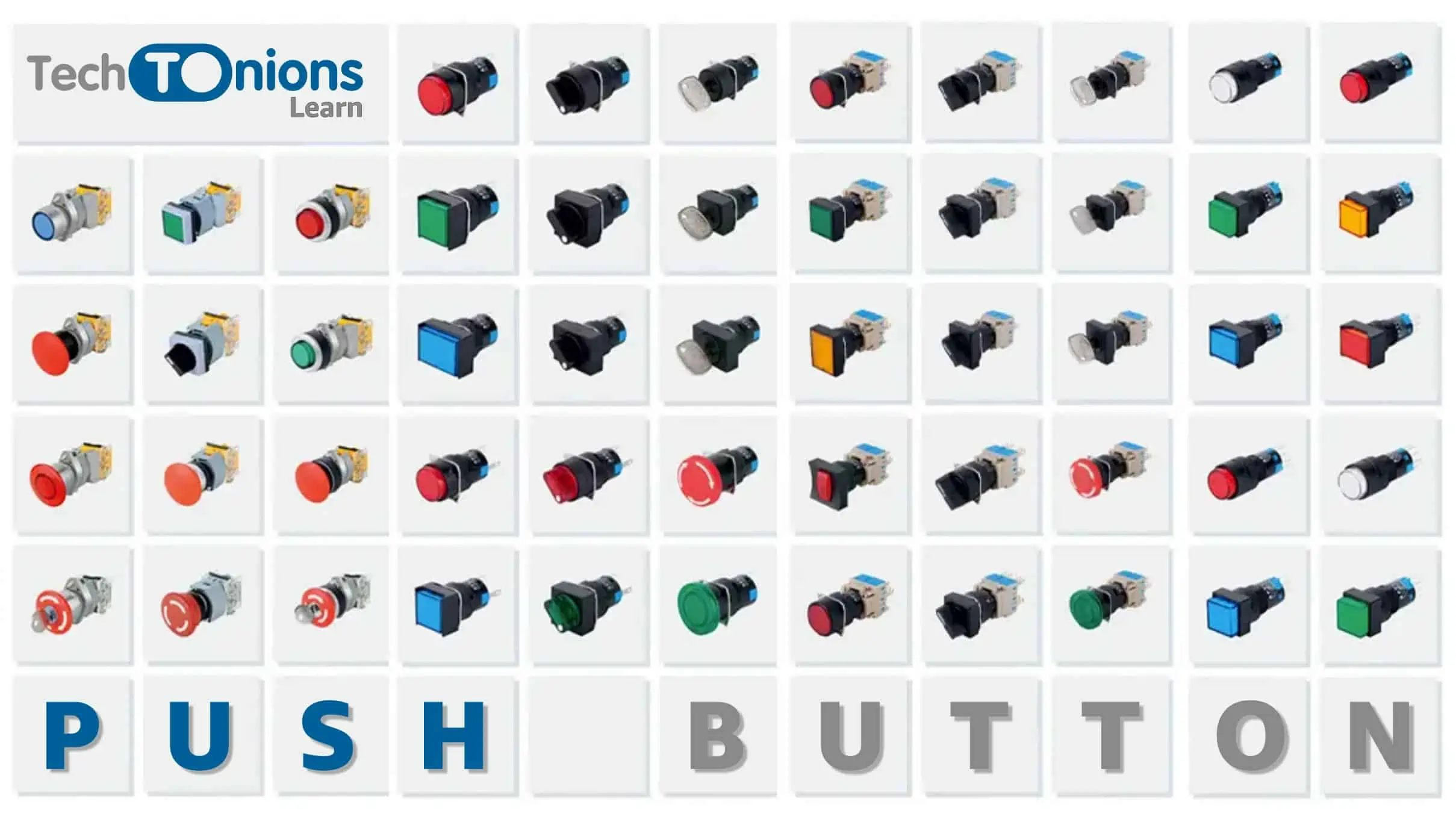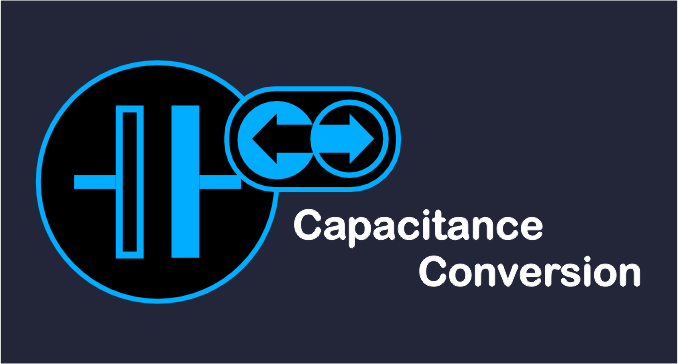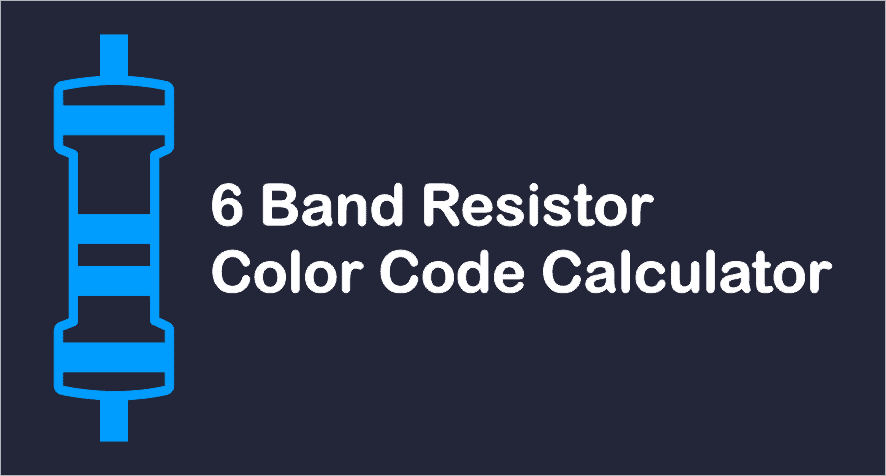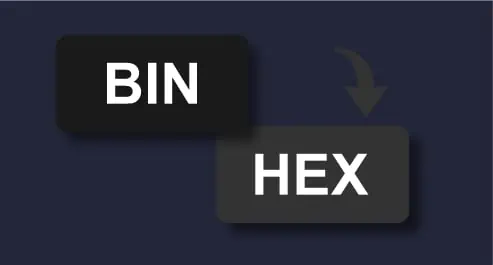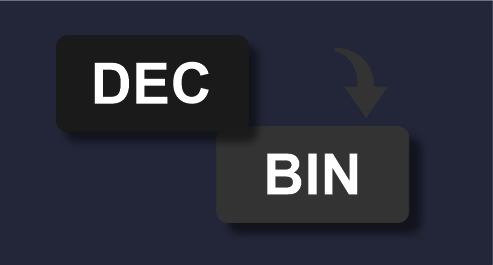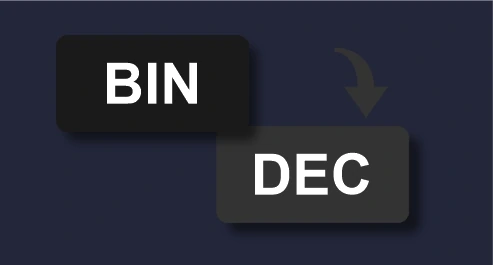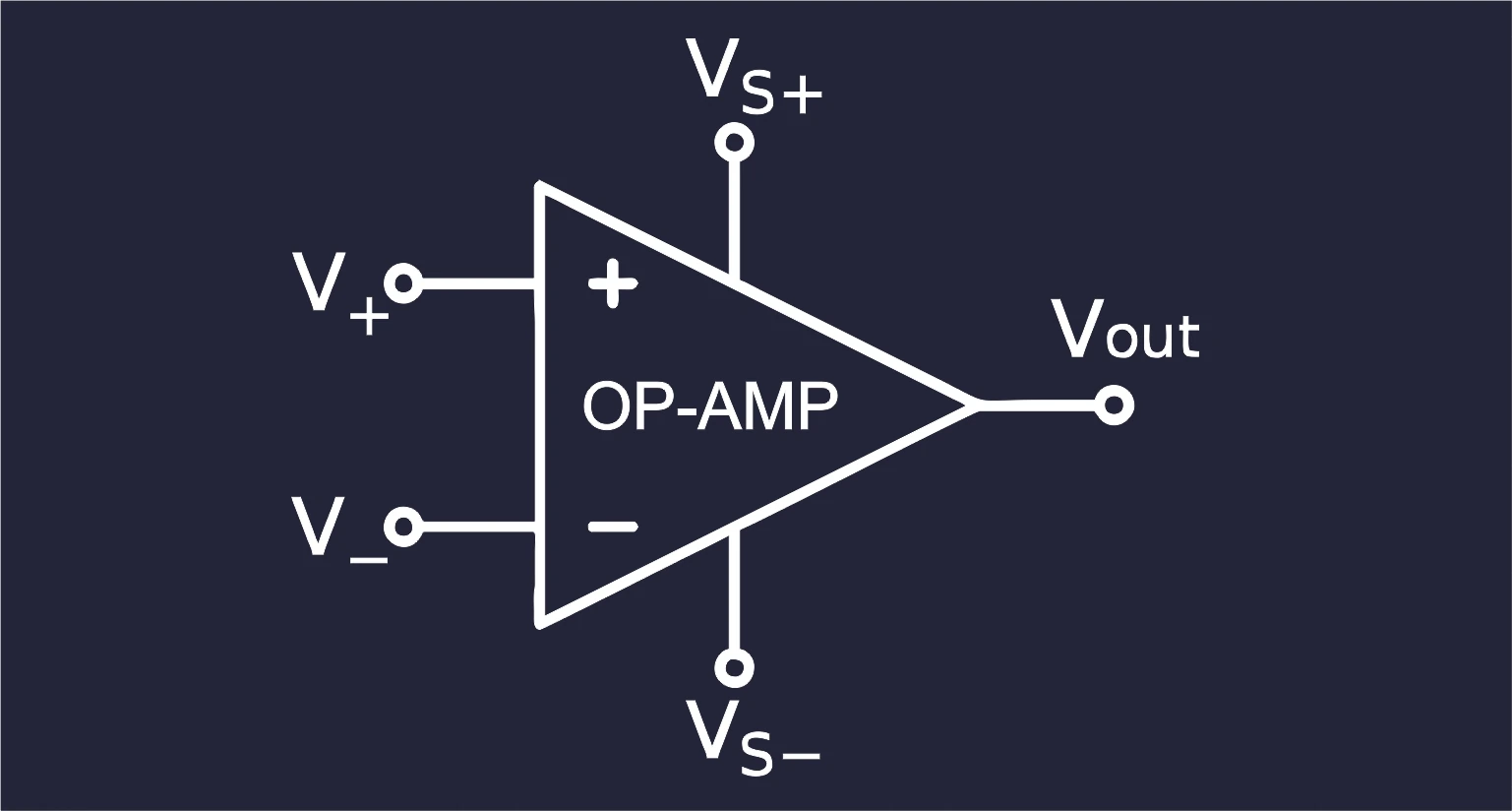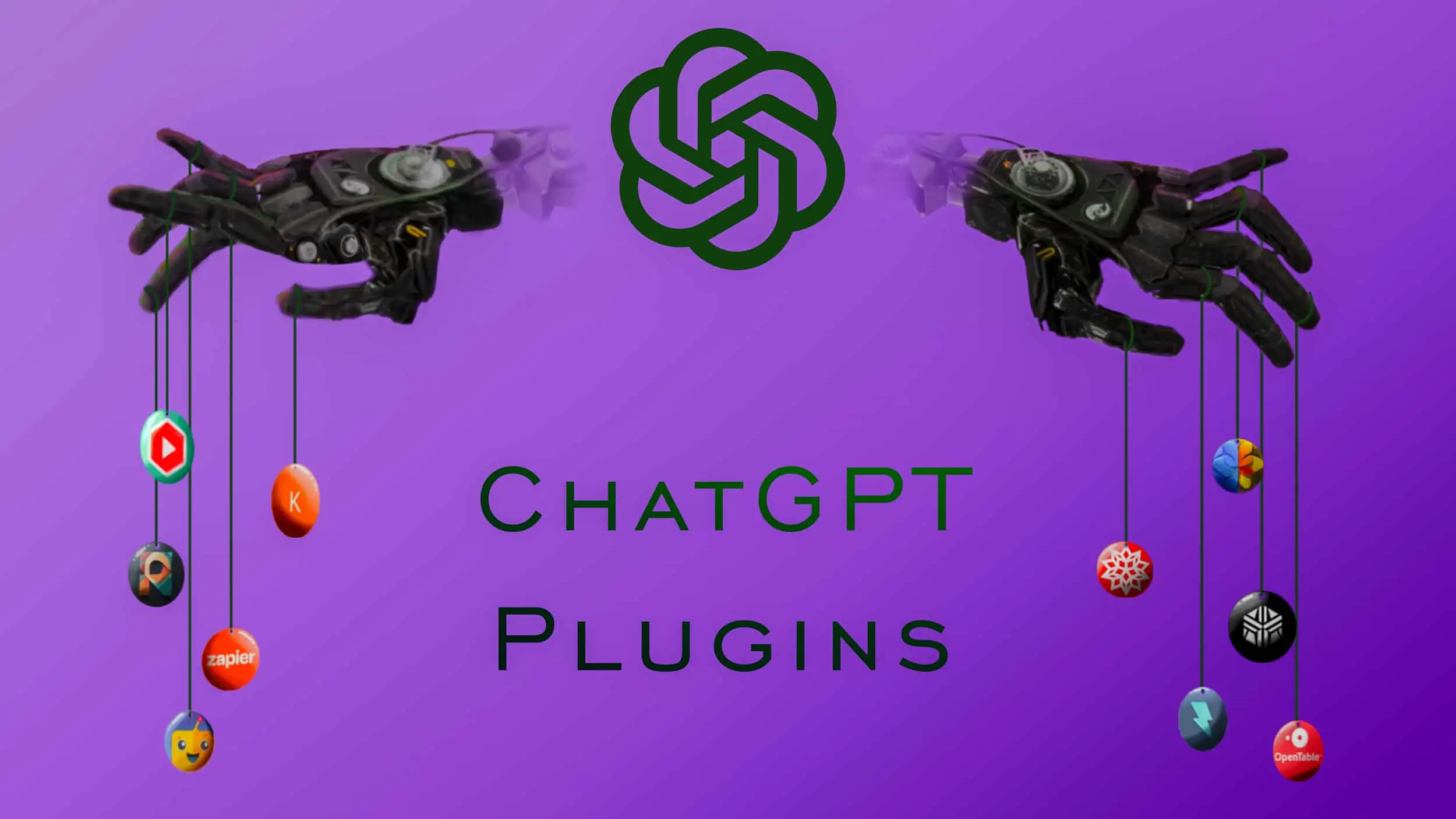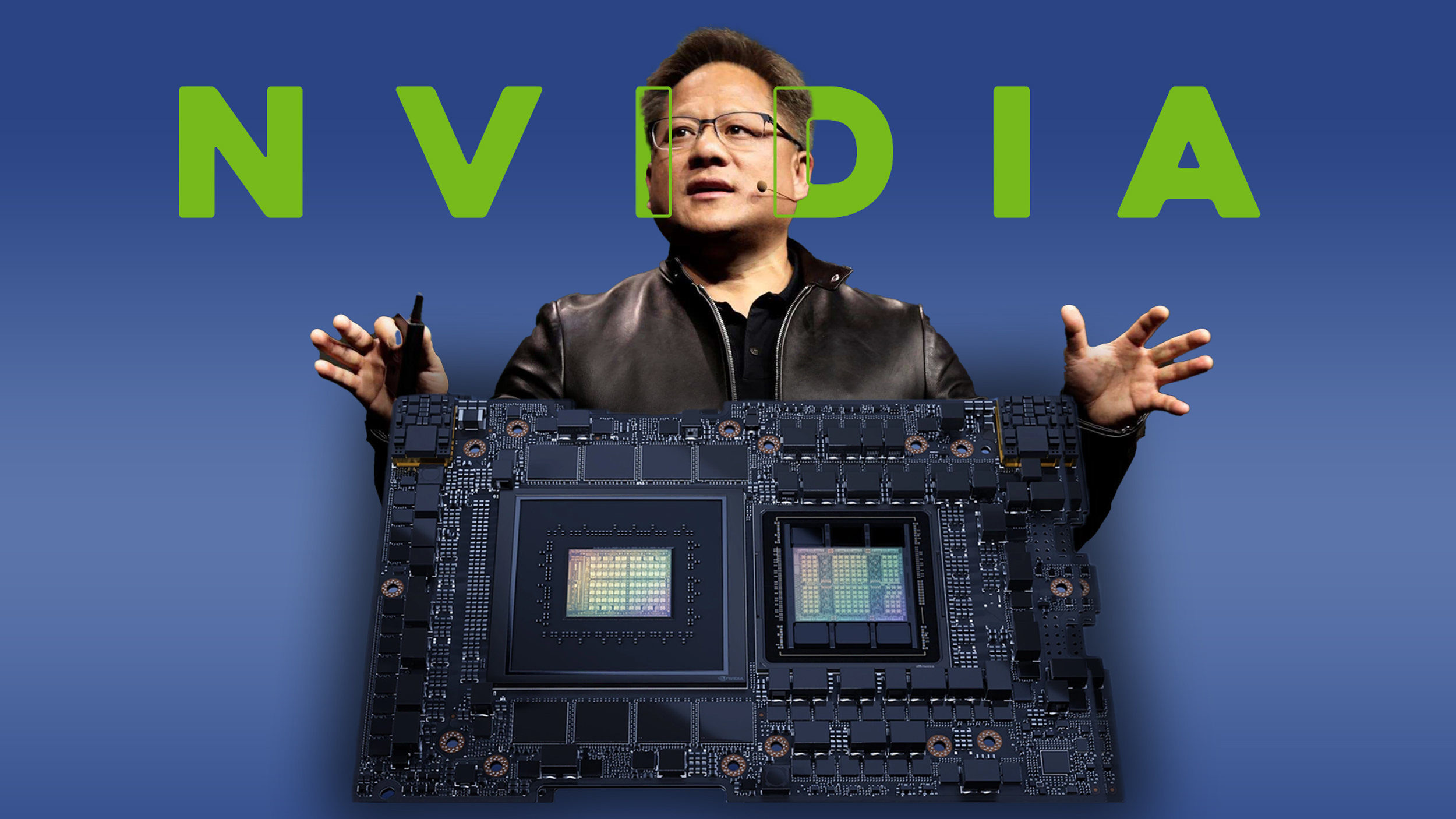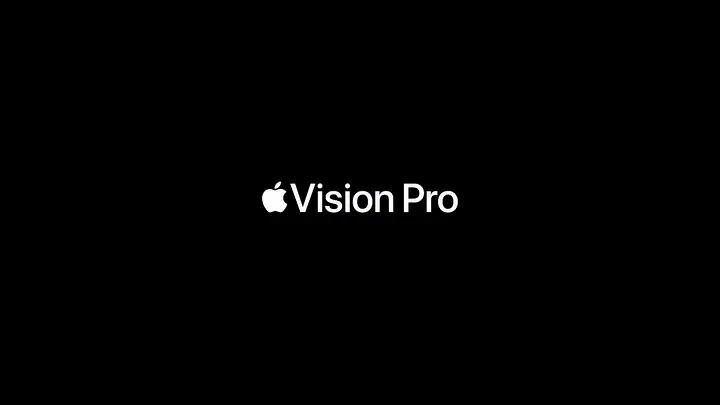Google announced a generator that generates images from your own text called Imagen (John Lennon would be proud). This could be even better than the DALL E2. One thing is certain: AI image generators will live on. After all, who should download Photoshop when you can create any image Google wants?
Just a few weeks ago, to use Internet parlance, the art world was “wowed” by the power of OpenAI’s DALL E2, which can transform written phrases and sentences into stunningly accurate AI-generated images. And now, thanks to a little-known tech company called Google, there appears to be competition.
What is Google Imagen Ai?
Google calls Imagen “a text-to-image diffusion model with unprecedented levels of photorealism and deep language understanding.” As with the DALL E 2, the best way to describe this tool is simply to show some images.
The idea behind Imagen AI is simple, yet incredibly powerful – to allow users to generate anything can describe in words. Using deep learning, the system is able to analyze and understand the details of the text and then generate highly accurate images that capture the essence of the described content
How Does Imagen AI’s Text-to-Image Conversion Work?
Imagen follows other text-to-image generators such as DALL-E, VQ-GAN+CLIP, and latent diffusion models. When Google was asked to compare images created by Imagen and other text image generation tools, people said that Google’s model outperformed the competition in terms of accuracy and image fidelity. rice field.
Google shares some examples of text prompts and resulting images created by AI (such as “A cute corgi lives in a house made of sushi”) on its Imagen site. may only represent the best results achieved.
For example, if you enter the phrase “a red apple in a green basket sitting on a wooden table,” the software is able to produce an image that perfectly captures this description
In any case, the text at the bottom of the image is the prompt to enter the program, and the image above is the output. Let me emphasize.
However, Google claims that Imagen consistently produces better images than the DALL-E 2 based on a new benchmark they created for this project called DrawBench.
Limitation of Google’s Imagen AI
As impressive as the technology might sound, it is worth noting that Imagen AI is still in its early stages of development and has some limitations. For instance, the generated images lack a certain degree of creativity and may not be as imaginative as those produced by an artist. Also, the system currently works best with simple, straightforward descriptions, and more complex text may produce less accurate images.
How to Use Imagen AI to Create Images?
Google hasn’t lost the power of text-to-image AI, so the company chose not to release Imagen to the public. Imagen searches the web for information to learn and create images. These end up in Imagen as well, because the internet is full of stereotypes and prejudices.
A white paper published by Google states that “generative techniques can be used for malicious purposes such as harassment and dissemination of misinformation, raising serious concerns about social and cultural exclusion and prejudice.” it is written like this.
According to Google, prejudices include a preference for light skin tones and stereotypes about certain genders of Westerners. The company is also concerned that bad actors could use Imagen negatively.
Google has warned other AI makers not to release text-to-image conversion models to the public without paying close attention to the information the AI is being trained on.
How to Sign Up for Google’s Imagen Ai?
Imagen isn’t available to the public yet, so you’ll need to sign up with Google to try it. Next, let’s look at the requirements and steps for registering with Google Imagen.
Remember Google Ai test kitchen is available for only limited use as of now, so you have to wait till you get an email for beta test approval.
To Conclude
By converting text to images with great accuracy, Google’s Imagen AI opens up a whole new world of possibilities for businesses and individuals alike. With vast applications across multiple industries, it is only a matter of time before we see its full potential.
FAQs
What is Google Imagen AI?
Google Imagen AI is a text-to-image diffusion model developed by Google. It uses deep learning techniques to analyze and understand text descriptions, generating highly accurate and photorealistic images based on the input.
How does Imagen AI’s Text-to-Image Conversion work
Imagen AI follows the approach of other text-to-image generators like DALL-E, VQ-GAN+CLIP, and latent diffusion models. It leverages deep learning to compare text prompts with a vast dataset, enabling the generation of images that accurately represent the described content.
How can Imagen AI be used to create images?
Currently, Imagen AI is not available to the public. Google uses Imagen internally by leveraging web information to train and generate images. Due to concerns about stereotypes and potential misuse, Google has chosen not to release it to the general public.
When will Google Imagen AI be available to the public?
The official release date of Google Imagen AI to the public has not been announced yet. Currently, it is in the beta testing phase, and users can access it through the AI Test Kitchen app.
